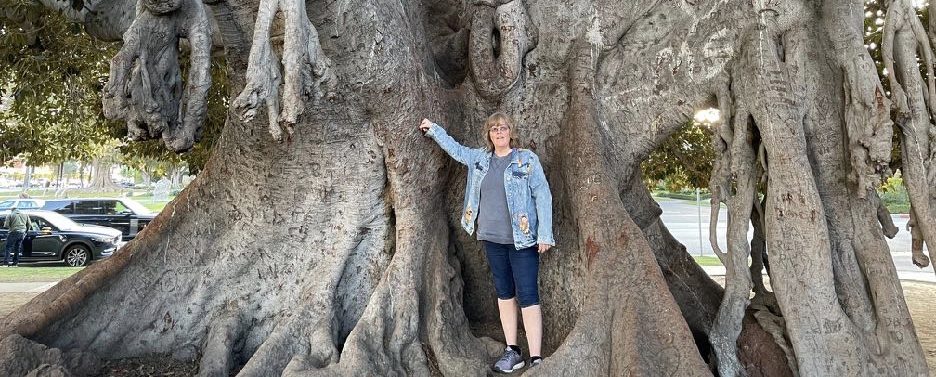He Doesn’t Remember, Like I Do.
Dylan just turned 18; he is, officially, an adult.
Dylan has been waiting for this practically since he was born. He was mature in a way that other kids weren’t, even at a very young age. He had empathy for other people years before his classmates were empathetic. Even as a preschooler, he always asked profound, adult questions.
He often said, early in elementary school, “I just want to save the world.” Dylan’s teachers mostly overlooked his efforts, forcing him instead to sit and stare at the wall as “punishment” for being too bouncy. But when he was given an important task – say, passing out papers or drawing something for the bulletin board – Dylan took it ultra-seriously. The older he got, the more he wanted to help. By fifth grade, he started a fundraiser which, he hoped, would singlehandedly save the rainforest.
But Dylan wanted to do a lot. For example, he wanted to build monster trucks. “When I grow up, Mommy,” he’d say, “I’m going to make you a purple and green monster truck that you can drive every day.”
Another day, when he was maybe nine years old, Dylan stood outside with a very long piece of rope that he had managed to loop around a tree branch. I watched him standing there, staring into the tree, calculating. He was trying to figure out how to design a roller coaster. “When I grow up,” he’d say, “I’m going to make the whole yard into an amusement park!”
After he got into the gifted program, Dylan did independent projects and crafted amazing models. He gave speeches about conservation and was fascinated by the class fish. “When I grow up,” he’d say, “I’m going to build an aquarium and save all the animals in the Chesapeake Bay.”
Dylan often spoke like an adult. And he meant every word.
Then he decided not to apply for the gifted program in middle school. He also decided not to be part of the GT/LD classes that so suited his needs. “They’re like the troublemakers,” he said. “I don’t want to be one of the troublemakers.” He didn’t know that middle school would be full of trouble for him – especially boredom.
It didn’t get any better when he went to high school. Somewhere along the way, Dylan stopped trying to change the world. Instead he’d say, “I just can’t wait to be an adult. I just want to be done with school.”
And now he’s an adult. He’s a few months away from being “done” with school – unless you count the endless time he could spend at college. Fortunately, college is like an enormous gifted program, with the kinds of intellectual opportunities that he hasn’t seen since fifth grade. Also fortunately, Dylan has been accepted into some fine institutions.
But he’s scared. Dylan knows that studying and homework are not his forte. He doesn’t remember, like I do, his overwhelming and infectious enthusiasm for life when he was intellectually stimulated. He doesn’t remember the days when he wanted to read nonfiction books on every topic in the world, just to understand the world better. In fact, Dylan doesn’t even remember wanting to read.
He’s been crushed by a system that doesn’t excite smart people. He’s become apathetic about learning. Now he says, instead, “I don’t really want to grow up anymore. It’s too much work.”
It’s devastating, watching such a bright light flicker. But I believe with all my heart that, once he’s graduated from this oppression, he will thrive again.
Now that he’s an adult, Dylan has that choice.
